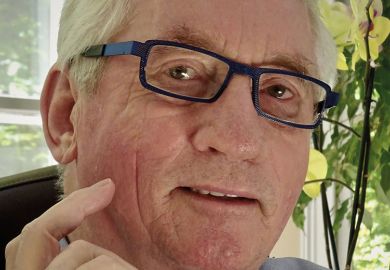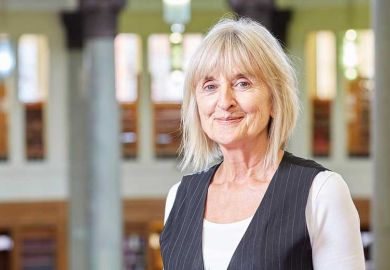What sorts of books inspired you as a child?
I loved adventure books. I was a big fan of Jules Verne and of Emilio Salgari’s stories of pirates and corsairs. I particularly loved Salgari’s Jolanda, the Black Corsair’s Daughter because it was the only book I knew where a woman was the protagonist of a pirate story. But these were also the first books where I saw a dissonance between the tropics described by Verne and Salgari and the tropics I knew growing up in Panama.
Your new book Erased explores ‘the untold story of the Panama Canal’. What sources led you to this theme?
Curiously, I found this story by accident, while investigating a different topic during a research trip to the US National Archives in 2001. I was so surprised and moved by what I was finding that I abandoned the original subject of my research and focused on this story instead.
Which books proved most useful in analysing the stereotypes that helped enable the destructive actions of the US in Panama and beyond?
Nancy Leys Stepan’s Picturing Tropical Nature and David Arnold’s The Tropics and the Traveling Gaze: India, Landscape, and Science, 1800-1856 are wonderful for understanding how our idea of the tropics emerged in the 19th century. Silvia Federici’s edited volume Enduring Western Civilization: The Construction of the Concept of Western Civilization and Its “Others” is crucial for understanding the history of Western civilisation as an idea. And Michel-Rolph Trouillot’s Silencing the Past: Power and the Production of History brilliantly shows how Western civilisation histories have silenced the past of black and Caribbean nations.
Which broader accounts of recent Central American history would you recommend?
Jon Soluri’s Banana Cultures: Agriculture, Consumption, and Environmental Change in Honduras and the United States, Walter LaFeber’s Inevitable Revolutions: The United States in Central America and Kistern Weld’s Paper Cadavers: The Archives of Dictatorship in Guatemala are some of my favourites. I remain a big fan of I, Rigoberta Menchu: An Indian Woman in Guatemala .
What is the last book you gave as a gift, and to whom?
I love long books that transport you away from your world and take you to another time, another culture and a different geography. For this reason, I gave Larry McMurtry’s Lonesome Dove to my mother, who is recovering from an accident.
What books do you have on your desk waiting to be read?
More than I would like to admit! You could think of them as reminders of work not done. But I prefer to see them as presents waiting to be unwrapped. One is the new edition of the complete works of Justo Arosemena. A native of Panama, he was one of Latin America’s most important 19th-century constitutionalists. Another is Ted Steinber’s Acts of God: The Unnatural History of Natural Disaster in America. And I have just begun Annette Gordon Reed’s The Hemingses of Monticello: An American Family. I am very curious to learn about her stylistic choices for writing a family saga as a professional historian.
Marixa Lasso teaches history at the National University of Colombia. Her latest book is Erased: The Untold Story of the Panama Canal (Harvard University Press).
Register to continue
Why register?
- Registration is free and only takes a moment
- Once registered, you can read 3 articles a month
- Sign up for our newsletter
Subscribe
Or subscribe for unlimited access to:
- Unlimited access to news, views, insights & reviews
- Digital editions
- Digital access to THE’s university and college rankings analysis
Already registered or a current subscriber?




